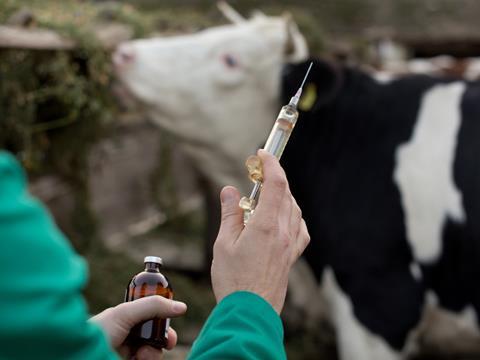
Consumers want supermarkets to do more to combat antibiotic use in branded and imported goods, new research from campaign group the Alliance to Save our Antibiotics has revealed.
Despite progress being made since the ASOA published its last report in 2019, with all 10 leading UK supermarkets now displaying their policy on antibiotics publicly and banning the use of antibiotics in routine disease prevention, not all animal-derived foods were covered by these policies, the group said.
Imported, branded or processed products were often not included, the report pointed out. Only Iceland ensured that all branded products were antibiotic-free, while M&S did not stock branded meat, so could not be measured in that category.
Additionally, all supermarkets fell short on reporting farming system data to show the level of antibiotic use in intensive, free-range, organic or pasture-fed systems.
The report revealed that this was having an impact on consumer confidence, with 45% of consumers saying they didn’t trust supermarkets to source food from supply chains that used antibiotics responsibly.
“Supermarkets need to ensure that the standards they set apply equally to imported and branded food,” said ASOA scientific advisor Cóilín Nunan. “This is particularly important now that the UK government is seeking to reach new trade deals with non-EU countries which often have weak regulations governing farm antibiotic use.”
Most retailers, other than Asda and Iceland, had antibiotic use reduction strategies in place, with the same two retailers and Aldi the only ones not to have antibiotic use reduction targets, ASOA said.
It comes as almost 30,000 people have signed a petition calling on major UK supermarkets to ban farm antibiotic misuse from their stores. It asks each to ensure their antibiotics policies cover all animal products, regardless of country of origin or product line, and only sell branded products with responsible use of antibiotics.
M&S had the most comprehensive antibiotics policy, with a near perfect score in the assessment performed by ASA, only needing to improve the amount of antibiotic usage data in farming published.
Antibiotic resistance, according to ASOA, was rising much faster than realised. In 2019, medical journal The Lancet said it was responsible for the deaths of more than one million people worldwide.
“As an infectious disease doctor I know that growing antibiotic resistance is one of the major public health threats that we face and I know that the best way of combating it will be to get antibiotics out of our food chain,” said TV doctor Chris van Tulleken. “What this will require is a renewed effort from all of our food retailers. It is essential that we do this because if we don’t the effect could be even larger than that of Covid-19.”







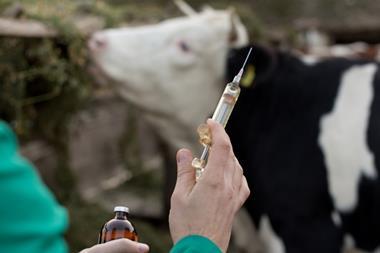
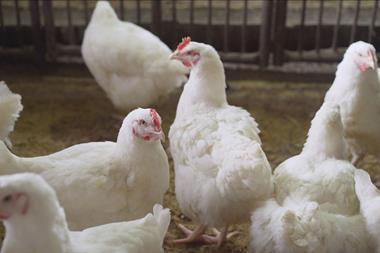
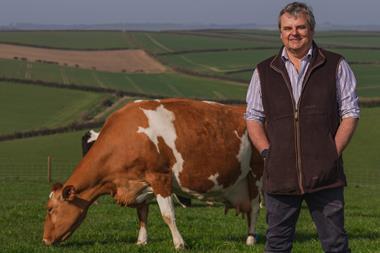
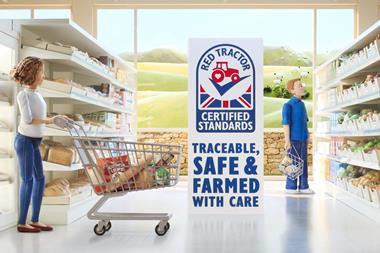
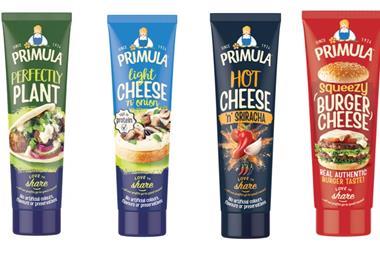


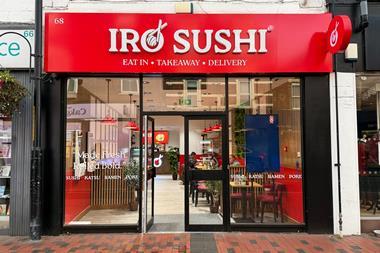




No comments yet